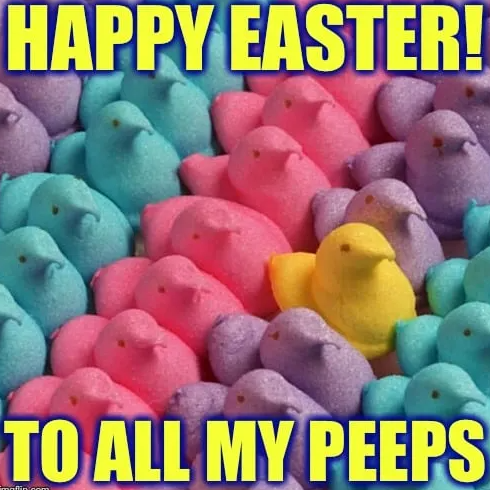The History of Easter Traditions
Written by: Emily Vargo

April 4th, 2021 is a day known to some as the day the Easter bunny comes to give you an Easter basket, a day to go on Easter egg hunts, or for some a religious holiday. Easter has a variety of history and traditions.
The word Easter actually comes from the Anglo-Saxon goddess of spring and fertility Eostre or Eostre. The festival of Eostre took place around the spring equinox.
A tradition on Easter is to hunt for Easter eggs. Easter egg hunts date back to the pagan period. Besides participating in Easter egg hunts it is also a tradition to decorate eggs. This dates back to the pagan period as well but instead of decorating, eggs people would exchange eggs because eggs resemble fertility and birth. Over time this tradition turned into decorating eggs which we know today.
An Easter icon that we all know today is the Easter bunny. There is no exact origin to the Easter bunny but historians think that since rabbits are in many cultures this led to the Easter bunny. In many cultures, rabbits are known as enthusiastic protectors. When baby bunnies arrive in the springtime it is associated with birth and renewal. It is believed that the Easter bunny was brought to American in the 1700s by German immigrants.
Besides Easter eggs and Easter bunnies being a huge tradition on Easter, food is another tradition that is common in many families and cultures. Many different cultures have different food but it really tends to depend on religion. Some cultures have lamb while others have ham and even some focus on deserts.
During the mid 19th century sweets started gaining popularity in Europe. Candy was a simple treat that brought a smile to children’s faces. It became so popular that candy started coming in shapes like eggs and rabbits. The famous jelly bean is a Middle Eastern delicacy from Turkey that came to use in the last 19th century but didn’t gain popularity until the 1930s.
This year’s Easter may look a little different because of the pandemic but now you can tell your loved ones a little bit about how some of the traditions started.
